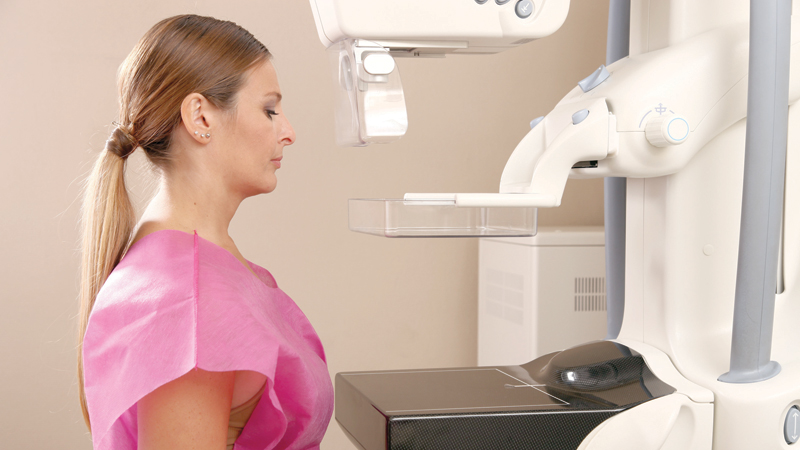

PARIS: A computer programme can identify breast cancer from routine scans with greater accuracy than human experts, researchers said in what they hoped could prove a breakthrough in the fight against the global killer.
Breast cancer is one of the most common cancers in women, with more than two million new diagnoses last year alone.
Regular screening is vital in detecting the earliest signs of the disease in patients who show no obvious symptoms.
In Britain, women over 50 are advised to get a mammogram every three years, the results of which are analysed by two independent experts.
But interpreting the scans leaves room for error, and a small percentage of all mammograms either return a false positive — misdiagnosing a healthy patient as having cancer — or false negative — missing the disease as it spreads.
Now researchers at Google Health have trained an artificial intelligence model to detect cancer in breast scans from thousands of women in Britain and the United States.
The images had already been reviewed by doctors in real life but unlike in a clinical setting, the machine had no patient history to inform its diagnoses.
The team found that their AI model could predict breast cancer from the scans with a similar accuracy level to expert radiographers.
Further, the AI showed a reduction in the proportion of cases where cancer was incorrectly identified — 5.7 per cent in the US and 1.2 per cent in Britain, respectively.
It also reduced the percentage of missed diagnoses by 9.4 per cent among US patients and by 2.7 per cent in Britain. “The earlier you identify a breast cancer the better it is for the patient,” Dominic King, UK lead at Google Health, said.
“We think about this technology in a way that supports and enables an expert, or a patient ultimately, to get the best outcome from whatever diagnostics they’ve had.” — AFP
Oman Observer is now on the WhatsApp channel. Click here



